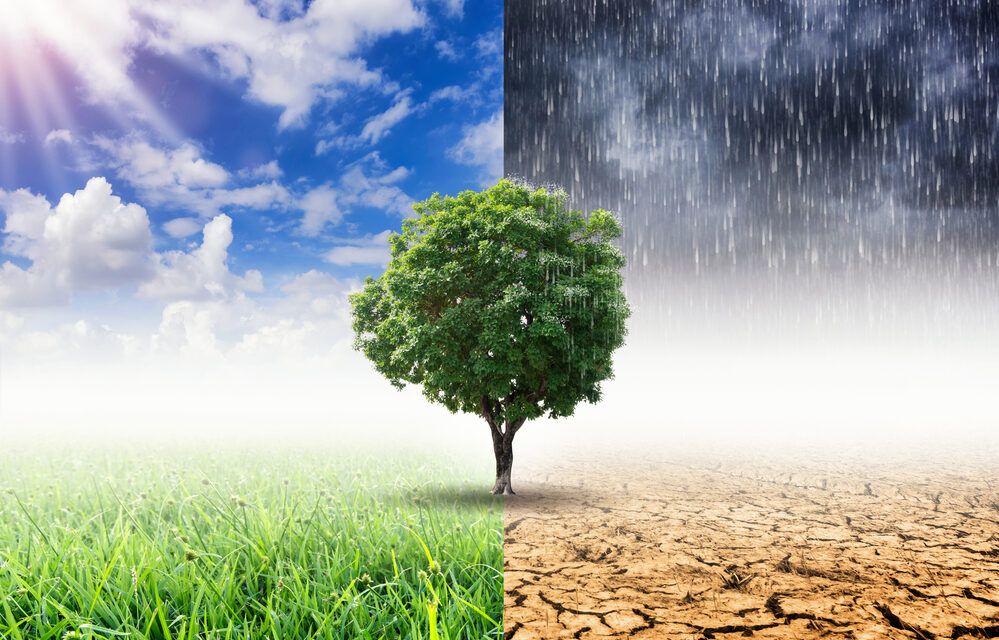A Great Way to Celebrate Earth Day This Year
The effects of climate change are accelerating, and experts are increasingly sounding alarms and calling for immediate action. Such action could not only affect and benefit future generations, but also help the millions of individuals and families across the globe who are currently confronting some potentially deadly consequences of climate change.
Save the Children notes that 16 million children in East and Southern Africa are currently in danger of not having enough food due to the climate crisis. Much of that can be traced to severe and prolonged droughts that are a byproduct of climate change. In fact, Save the Children reports that almost 160 million children are exposed to severe and prolonged droughts. This has had a devastating effect on families across the globe, and those effects could be just the beginning.
An August 2021 report from the Intergovernmental Panel on Climate Change, which serves as the climate-based research group of the United Nations, noted that many of the changes in climate observed by scientists in recent years are unprecedented in thousands, if not hundreds of thousands, of years. What’s more, those changes, which include rising sea levels, are irreversible over hundreds to thousands of years.
Scientists have long noted the importance of limiting temperature increases to 1.5 degrees Celsius, noting that such an endeavor could decrease the amount of sea level rise by 50 percent of its projected total by the end of the 21st century. However, the IPCC report indicated that the only way to avoid crossing that 1.5 degrees Celsius threshold is to institute immediate and rapid measures to produce large-scale reductions in greenhouse gas emissions. Without such measures, the IPCC reports that limiting warming to 1.5 degrees Celsius or even 2 degrees Celsius will be impossible. In fact, the IPCC report indicates that global temperature is expected to reach or exceed 1.5 degrees Celsius in the next 20 years.
IPCC Working Group I Co-Chair Valérie Masson-Delmotte characterized the report as a “reality check,” but noted that scientists now have a much clearer picture of the future climate and what must be done to prepare for the challenges that lie ahead. Those challenges, the report noted, include increasing heat waves and an increase in severe coastal flooding in low-lying areas, among other things.
More information about the report and the current and future effects of climate change can be found at ipcc.ch.












